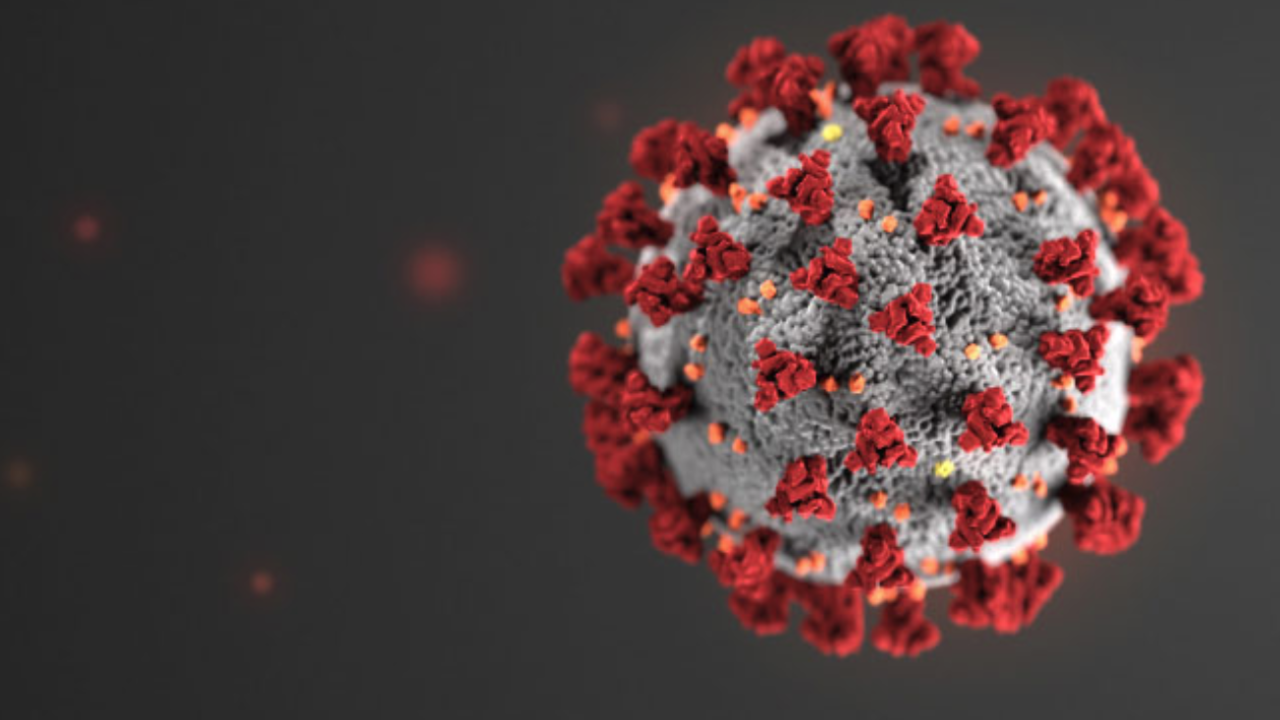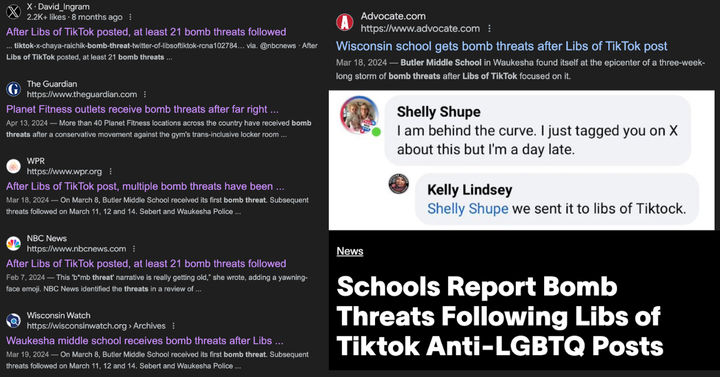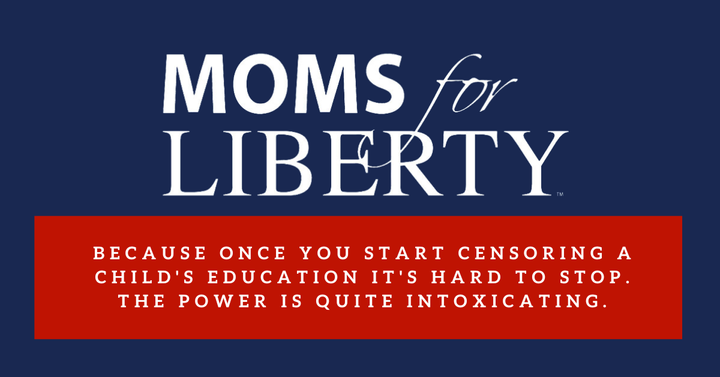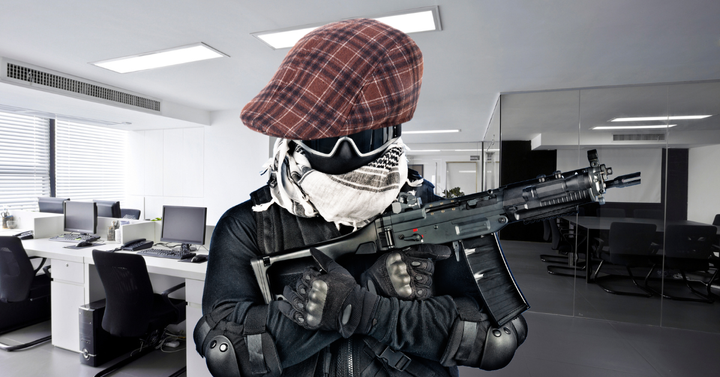Frustrated With COVID-19, Alaskans Take to Social Media

A month ago, the municipality of Anchorage had roughly 2,200 hundred active coronavirus cases. Today that number is 7,349. To put that into perspective, the city of Anchorage holds within its boundaries over half the COVID-19 cases of the entire state of Alaska, and active cases within the municipality are double the number of "recovered" cases.
Roughly 1 in every five people infected with COVID-19 develops difficulty breathing and requires hospital care. People over 60 years old and people with underlying medical conditions such as diabetes, heart disease, respiratory disease, or hypertension are among those who are at greater risk.
Alaska hospitals send some patients home with oxygen-monitoring devices (Oximeters), as the city's medical system aims to reserve resources for only the sickest people. Still, as the number of new cases outpaces the number of recovered cases, it's becoming apparent the current situation isn't sustainable.
City officials have repeatedly asked its residents to wear masks, social distance, and keep their social bubble small. Alaska Governor Mike Dunleavy has "implored" Alaskans to express their responsibility and do the right thing independently. Many argue that this tactic hasn't worked in lowering the number of cases within the state.
Anchorage mayor Austin Quinn-Davidson modified Emergency Order 13, which took effect Monday morning. The EO removes most exceptions to the face-covering requirement; however, social media is rife with claims that local businesses are not enforcing the mandate and the impact the modified EO might have on the city is as yet unclear.
Alaska residents seem to be growing more concerned with Alaska's increase in COVID numbers with each day that passes and has taken to social media to express those concerns.
On Twitter, an account claiming to be a family doctor wrote in a November 10 tweet that "we might NOT HAVE STAFF FOR THESE (critical care) BEDS." The municipality's COVID-19 dashboard today indicates that staffed ICU bed capacity has improved somewhat since last week, showing 25 critical care beds available this morning. However, some have questioned whether critical care capacity is related to the recent deaths Alaska has seen and whether those deaths may have freed up space. Regardless, tensions among residents are manifesting across social media platforms.
Twitter accounts identifying as moderate to Democratic in their political leanings seem to be growing increasingly frustrated with the messaging of Alaska Chief Medical Officer Dr. Anne Zink, with many of those accounts asking her what the plan is for getting the spread of the virus under control and often ask her to talk "sense" into "her boss" Governor Mike Dunleavy.
Facebook, which arguably leans more conservative, tends to be more sympathetic towards Dr. Zink, with users thanking her for her hygiene messaging. How Alaskans feel about Alaska Governor Mike Dunleavy is a different matter altogether.
Yesterday on Twitter, users pulled no punches as they savaged the governor for his response to the pandemic, chastizing him for not wearing a mask -- a reference to the governor being caught unmasked indoors at a fundraiser just hours after warning Alaskans themselves to wear a mask back in October. Dunleavy has said he is not perfect at wearing a mask.
On Facebook, more conservative-leaning accounts praised the governor for not issuing a mask mandate in the state.
Covid-denier accounts have repeatedly touted the death rate associated with COVID-19 on the Governor's Facebook account, seemingly okay with the deaths of Alaskans and ignoring the risk to our healthcare workers and healthcare capacity as they minimize the long-term health effects of COVID-19.
Other Facebook accounts have implored the governor to end the emergency declaration, with many of those accounts promoting anti-mask rhetoric and non-science-based herd immunity conspiracy theories, although many other accounts also thanked the governor for his response to the pandemic.
Donald Trump has fueled the politicization of COVID-19 by refusing to listen to scientists, and he has undermined public health measures. Trump rallies are responsible for over 30,000 infections of the virus and have reportedly been responsible for over 700 deaths.
Governor Dunleavy has thus far refused to issue a statewide mask mandate which might help change the messaging on COVID-19, messaging which ultimately can save lives.
We now know that mask-wearing can help protect yourself and those around you, as the Centers for Disease Control and Prevention stated in new guidance issued this week.
Utah and Indiana have both issued mask mandates in recent days. For Governor Dunleavy to do the same, he would need to put politics aside, further promote the science of mask-wearing and issue a statewide mask mandate, something unlikely to happen.
It's unclear if interacting with the social media accounts of people responsible for managing the state's response to the global pandemic has impacted decision-making or messaging. Still, one thing remains clear: As new COVID cases and related hospitalizations continue to increase across the state and within the municipality, tension among residents also continues to climb.


